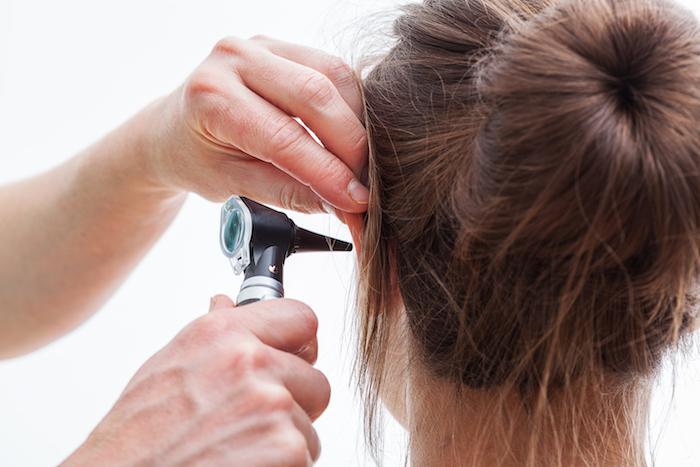
It’s disconcerting to hear things that aren’t there. Medically known as tinnitus, ringing in the ears is a symptom of other conditions rather than something you get on its own.
For most people, these ringing sounds are phantoms, created in the nerve pathways and brain interpretations, but in some rare cases, sounds can actually be present.
No matter what the reasons for your tinnitus, it can be distracting and may even interfere with your daily life. There are solutions, though you’ll need to see an ear specialist, like the doctors at Lakeshore Ear, Nose and Throat Center.
Relieving tinnitus may be as simple as earwax removal, or you may need a combination of treatments. With five offices in the metropolitan Detroit area, there’s an ear, nose, and throat professional waiting to help you.
The signs of tinnitus
Affecting as much as 20% of the population, ringing in the ear is a common problem, though “ringing” often doesn’t accurately describe the sounds you hear. The ring of tinnitus is often more like a constant sine wave signal at a certain frequency, rather than resembling the sound of a bell being struck.
You may also hear other types of sounds, including:
- Humming
- Buzzing
- Intermittent clicking
- Hissing
- Surf-like roaring
It’s also possible that you could have more than one tinnitus sound. Your sounds may be constant, or they could come and go. You may recognize conditions where tinnitus begins or gets louder, such as when you’re tired.
The reasons behind tinnitus sounds
Delicate hairs in the cochlea of the inner ear can sometimes fail, causing both hearing loss and tinnitus. For those with normal hearing, these hairs react to the pressure changes detected by the mechanisms of the ear, converting these into tiny nerve impulses that the brain interprets as sound.
Damage to these hairs interrupts the normal creation of nerve impulses. Instead, random signals that are unrelated to pressure created by sound waves make their way to the brain. These are still interpreted as sounds, but they are the phantom tinnitus sounds.
You can suffer damage to inner ear hairs, called cilia, from exposure to sudden loud sounds, such as gunshots, or from long-term exposure to elevated volumes, such as in factory settings or at concerts.
Other causes of tinnitus include:
- Blockages of earwax
- Medical conditions such as Mèniére’s disease or acoustic neuroma
- Head and neck injuries
- Problems with the jaw joints on each side of your head
- Blood vessel disorders
Sometimes, the precise cause of tinnitus is unknown.
How to stop the ringing in your ears
Improvements in diet and exercise frequently deliver a range of health benefits, stress reduction, higher energy, and overall well-being. Their effects on tinnitus can’t be predicted, but neither will these improvements cause harm.
Since stress and fatigue sometimes contribute to tinnitus, you may reduce the severity and frequency of your symptoms.
Other solutions require a visit to Lakeshore Ear, Nose and Throat Center. An exam can easily reveal whether you have an earwax issue, which is easily resolved, or other treatable condition that could reduce symptomatic ringing sounds.
Hearing aids and sound masking devices minimize the impact of tinnitus by changing the way your brain processes sound impulses. Tinnitus has a low priority in the brain, so loading up on actual sounds can hide the phantom ringing.
Anti-anxiety and antidepressant medications can ease the annoyance level of tinnitus, making it easier for other therapies to help you cope.
The right answer for you may involve several treatment approaches. Contact Lakeshore Ear, Nose and Throat Center today, by phone or online, at any of their five offices. It’s time to put tinnitus into the background where it belongs.

